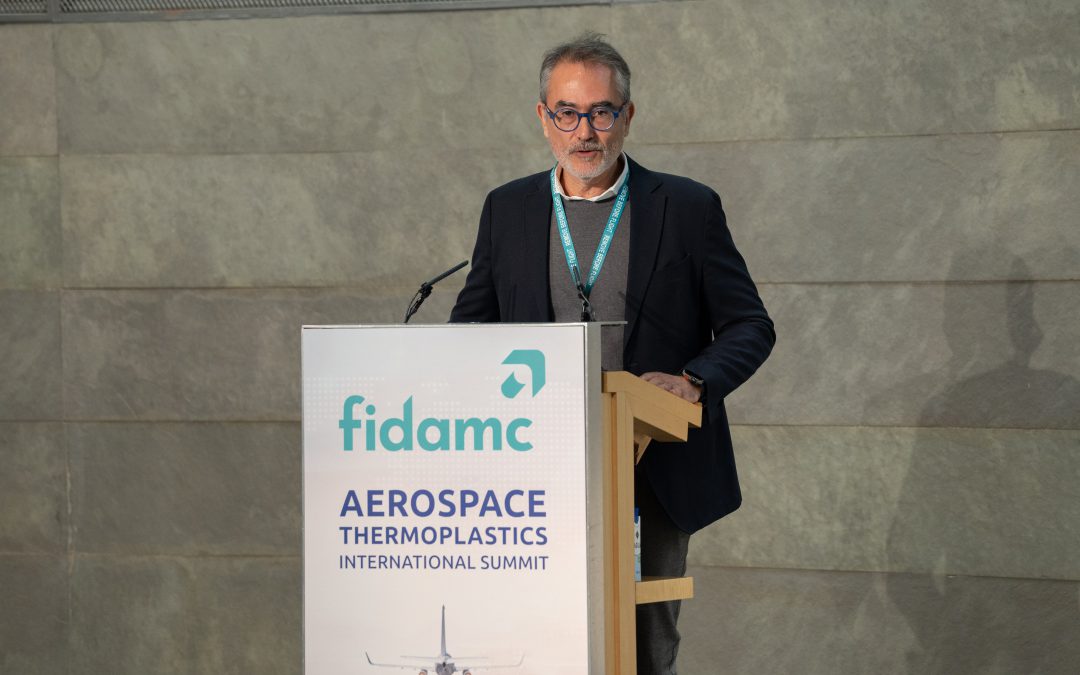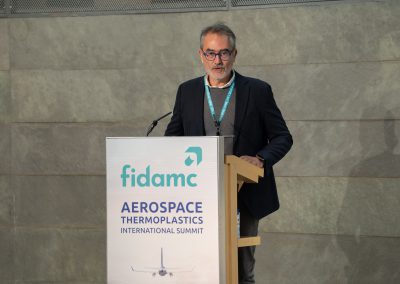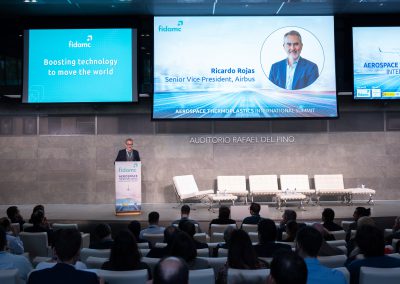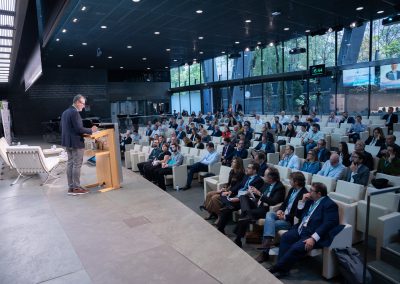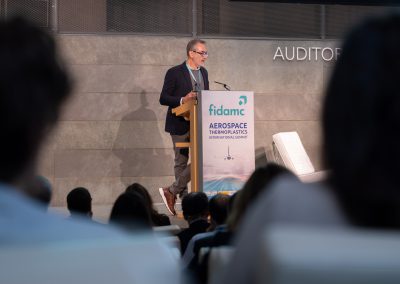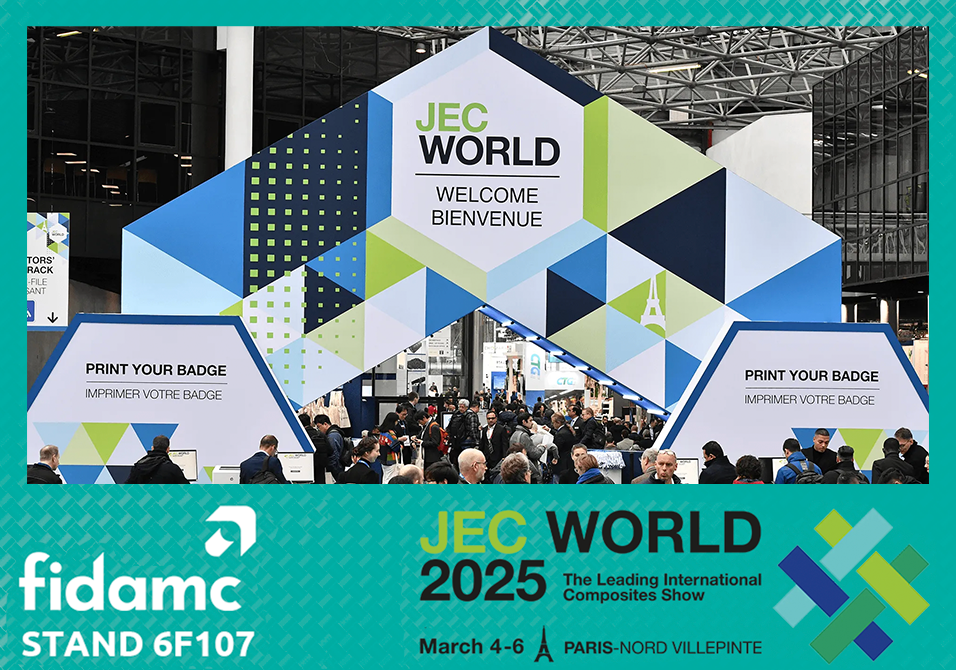Ricardo Rojas, President of Commercial Aircraft at Airbus in Spain, participated in the Aerospace Thermoplastics International Summit with an opening speech, where he offered an overview of the challenges and opportunities facing global commercial aviation today.
Rojas opened his speech by thanking the attendees for their presence and highlighting the dynamism of the sector after years of pandemic: "The commercial aviation sector is stronger than ever. People need to fly, because travel is a sign of prosperity and freedom."
The executive stressed that the recovery in air traffic has exceeded expectations, driven by the growth of the middle class in regions such as Asia and Latin America. According to the latest analysis by Airbus, the market will need more than 43,000 new aircraft over the next 20 years, a figure that illustrates the magnitude of the industrial challenge.
A global production challenge
Airbus currently has a backlog of more than 8,600 aircraft, and its goal is to exceed 1,000 deliveries per year in the coming years. To achieve this capacity, the company will need to increase production across all programmes:
- A220: 12 aircraft/month by 2026
- A320: 75 aircraft/month by 2027
- A330: 5 aircraft/month by 2029
- A350: 12 aircraft/month by 2028
Rojas highlighted the complexity of this expansion, especially in a context of tension in global supply chains, where Airbus works with more than 18,000 suppliers. "Building an aircraft is a global precision task," he said, underscoring the importance of the final assembly plants in Toulouse, Hamburg, the United States and China.
Talent, innovation and technology
Rojas also highlighted the need to attract and train talent as a strategic priority: "We need talented people. Creating and developing that talent is one of the great challenges facing our industry."
In Spain, Airbus employs more than 14,300 people and generates an indirect impact of 60,000 additional jobs in its supplier ecosystem. In 2022 and 2023 alone, the company hired more than 2,500 new professionals, most of them in the areas of engineering, digitalisation and emerging technologies such as electric and hydrogen propulsion.
Fidamc and the composite materials revolution
One of the main themes of the speech was the role of Fidamc, of which Rojas is chairman of the board: "Airbus works closely with Fidamc. We not only develop materials, we also develop people." Rojas highlighted the foundation's impact on driving Spanish innovation, with projects such as the automation of fibre placement, research into advanced plastics and the industrial scalability of new technologies.
At the end of his speech, Rojas offered a reflection on the evolution of the aeronautical sector, which he defined in four major revolutions:
- Flight — the dream of flying made reality.
- Safety — making flying a safe experience
- Democratisation — making flying accessible to everyone.
- Decarbonisation — the great challenge of our time.
"The fourth revolution is the decarbonisation of aviation. It is the main challenge we face for the future."
With a call for collaboration and innovation, Ricardo Rojas concluded by inviting attendees to take advantage of the event to create synergies, share knowledge and accelerate the shift towards more sustainable aviation.

